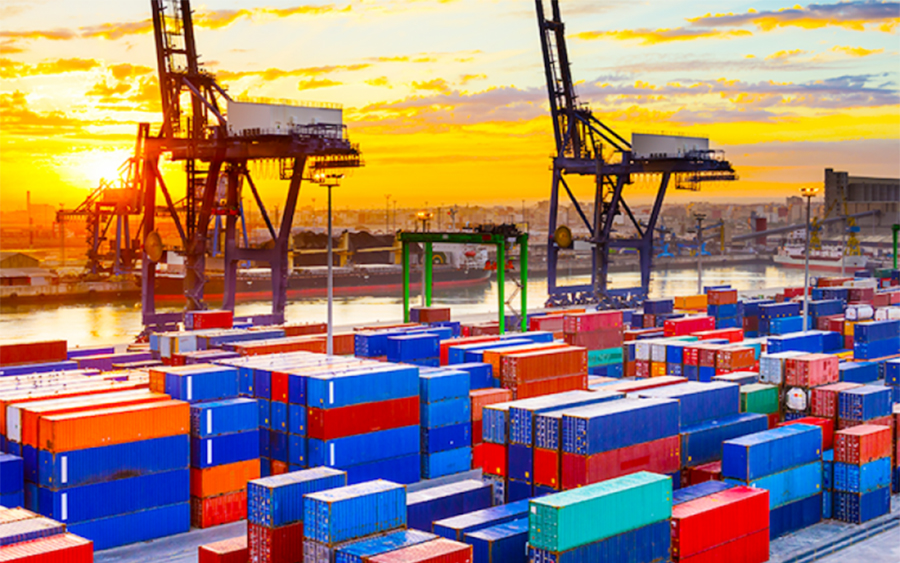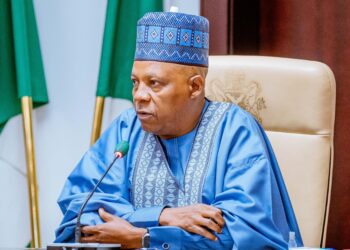The African Continental Free Trade Area (AfCFTA) got closer to actualization on Saturday as Customs officials in the continent agreed to draft continental guidelines to enable the movement of goods, services and people for the agreement.
This was disclosed by the UN Economic Commission for Africa on Saturday evening.
“Liberalization of 90% of tariff lines will affect customs revenues. About 85% of import come from outside Africa, leaving about 15% from the continent, but the agreement is an opportunity for Nigeria to boost exports and production,” the Customs Service disclosed at the AfCFTA Sensitization Seminar.
READ: Export of our products in West African sub-region now less competitive – MAN
The joint adoption of a continental customs guidelines comes a few weeks before the AfCFTA kicks off in January 2021.
The meeting organized by the African Union Commission (AUC) virtually was attended by Customs Chiefs in Africa, who agreed to implement measures to facilitate cross-border trading challenges heightened by the covid-19 pandemic.
READ: African free trade will boost development of manufacturing in Nigeria – NEPC
The Director of Regional Integration and Trade, UN Economic Commission for Africa, Stephen Karingi, disclosed that the guidelines were drafted to boost coordination and implementations of a common customs guideline covering areas including transport and infrastructure and others.
“The aim is to have the continental guidelines in place early next year to reinforce start of trading under the AfCFTA,” he said.
READ: AfCFTA: Improving guidance on standards can make Nigeria a beneficiary – Trade Minister
The guidelines cover a number of new sub-sections to respond to specific gaps in existing rules, including the regulation of small-scale cross-border trade and cross-border trade by fishermen, gender considerations, and treatment of essential workers, including transport and humanitarian workers.
“Once in force, the continental guidelines are expected to ensure a harmonized approach to support smooth and safe trade amid the pandemic, including transit trade between RECs,” said Hussein Hassan, AUC’s Acting Director for Trade and Industry.
READ: Covid-19: First world nations oppose waiving intellectual rights for vaccine development
What you should know
The African Continental Free Trade Area (AfCFTA) is one of the biggest free-trade agreements in the world right now with a potential market of 1.2 billion people and a combined gross domestic product of $2.5 trillion
The Federal Government announced that it has ratified Nigeria’s membership to the African Continental Free Trade Area (AfCFTA), ahead of the December 5, 2020 deadline. The agreement goes into effect from the 1st of January 2021.
Nairametrics reported in September that the Nigerian Customs said the facilitation of trade requirements ranging from Pre-Arrival processes to Electronic Payments of duties would be important for the AfCFTA implementation for Nigeria.
















.gif)






